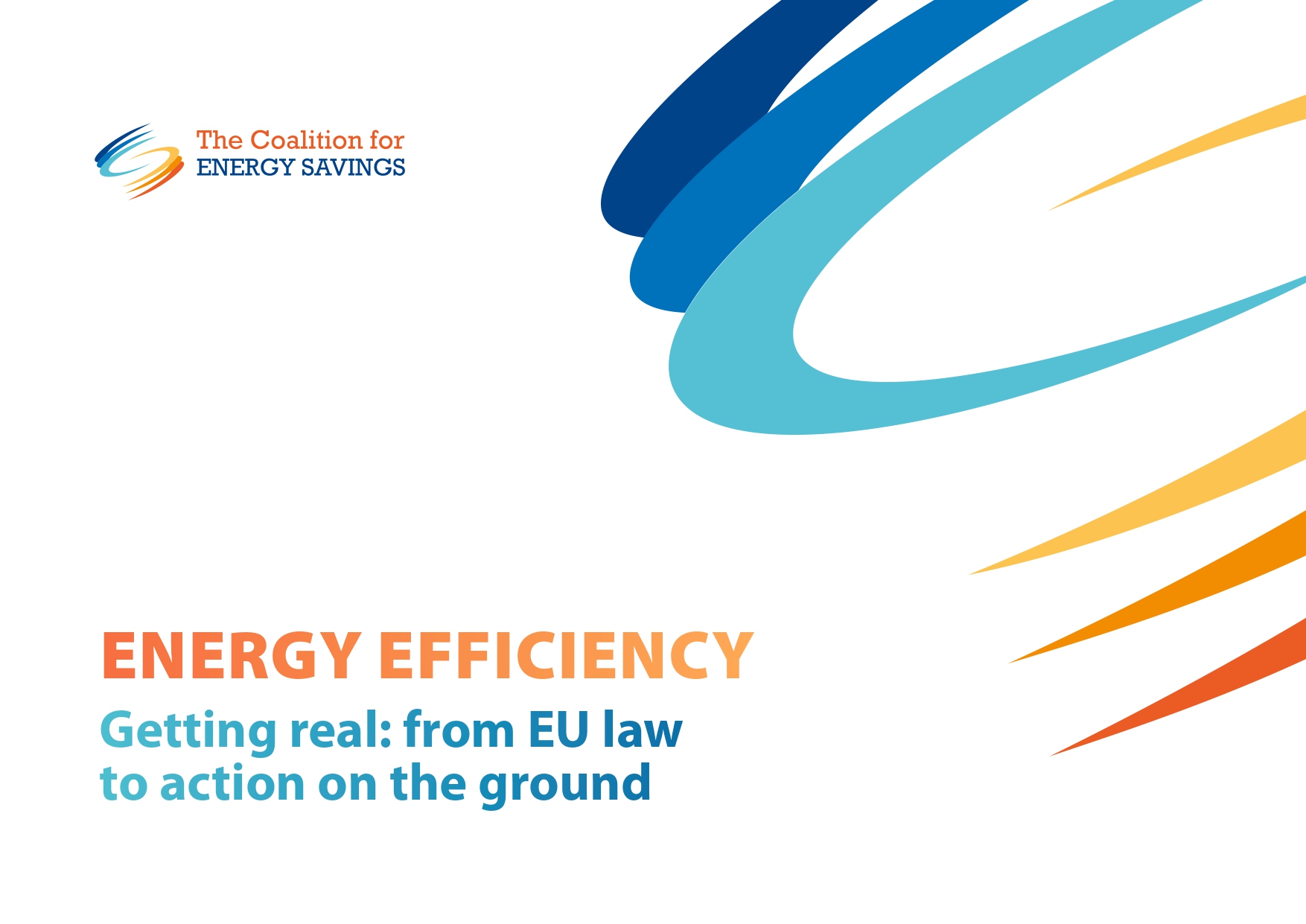
Member States’ plans are instrumental in reaching 2030 energy efficiency target
A new publication by the Coalition for Energy Savings provides recommendations for Member States planning for fulfilling their annual energy savings obligations post 2020. The minimum amount of energy savings set out by Article 7 of the Energy Efficiency Directive (EED), which was revised in 2018, is increasing after 2020. This will boost the energy efficiency markets and is instrumental in reaching the EU’s 2030 energy efficiency target.
By the end of 2019, Member States are required to notify their policies and measures and explain how they add up to meeting the energy savings requirement set out by Article 7, as part of their integrated national energy and climate plans (NECPs).
Over the period from 2021 to 2030, the total amount of energy to be saved in the EU under Article 7 equates to more than three times the annual energy consumption of France, meaning that it will be a key contribution to meeting the EU 32.5% energy efficiency target and to reducing greenhouse gas emissions.
The new and more demanding legal requirements for the 2021-2030 period will drive Member States to revisit, adapt and reinforce their policy portfolios. New provisions adopted last year should ensure that energy savings delivered each year by Member States under Article 7 are real and additional to business-as-usual.
“Implementation issues have been observed in the first period of Article 7, which jeopardises our chances of reaching the 2020 energy efficiency target”, said Stefan Scheuer, Secretary General of the Coalition for Energy Savings. “The good news is that the revised Directive comes with more legal clarity and more ambition. Our publication provides a stakeholder analysis of the new provisions, as well as recommendations for Member States on how to put in place sound policies and measures that maximise benefits for citizens and companies”.
The Coalition for Energy Savings calls on Member States to deliver energy savings with sound Article 7 policies and measures. This will fast-track energy efficiency in national energy and climate plans and help Member States boost their energy efficiency contributions, which so far have proved to be insufficient to reach the EU 32.5% target.
